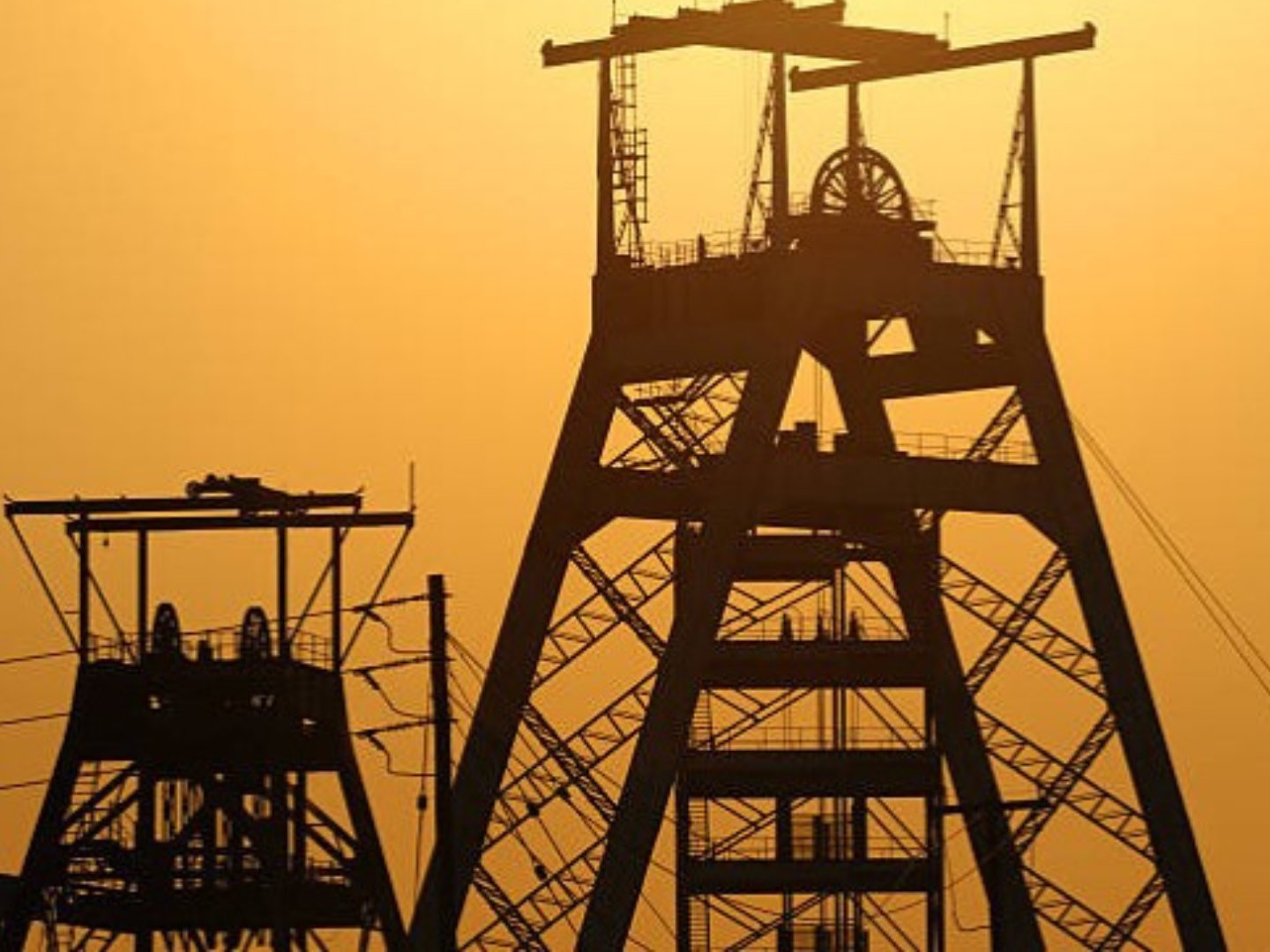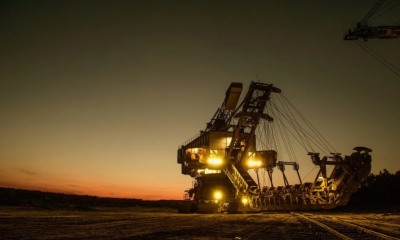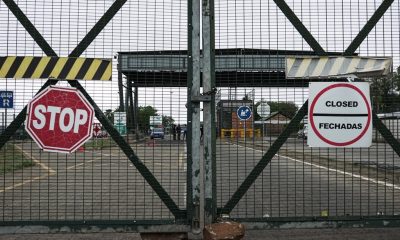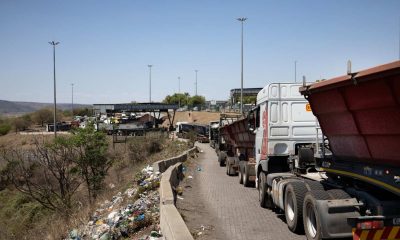Business
African Activists Demand Global Action Against Mining Rights Abuses

When diamonds, copper, and lithium leave African soil, the profits often fly overseas. What remains for the communities who live on that land? Crumbling roads, polluted rivers, and broken promises.
That was the sobering message from activists across Africa who gathered online for the Policy Dialogue Forum hosted by the Southern African Political Economy Series Trust. Chaired by Zimbabwean academic and former politician Prof Ibbo Mandaza, the sessionaptly titled China and Mining in Africaopened a floodgate of testimony from communities living in the shadows of mining giants.
“Communities left in the dark”
For Zimbabwe, the story is painfully familiar. Farai Maguwu, director of the Centre for Natural Resources Governance, painted a grim picture of life near the Marange diamond fields.
Despite billions generated since mining began in 2009, nearby communities remain trapped in poverty. Schools are underfunded, hospitals are non-existent, and infrastructure lies in ruins.
“Millions flow out of these mines, but people here have nothing to show for it,” Maguwu said. “Some farms have been seized, rivers polluted, and forests destroyed. Those lucky enough to find work earn pitiful wages, while local businesses are locked out as companies import all their own equipment.”
He accused the government of complicity, saying some officials benefit from Chinese investments while turning a blind eye to abuses. Zimbabwe, he warned, is being picked apart “like an animal carcass ripped apart by vultures.”
Zambia’s fight for dignity
Across the border in Zambia, environmental activist Chilekwa Mumba echoed those concerns. He accused Chinese mining firms of trampling over laws and even pushing into residential areas in pursuit of copper.
“When we take our grievances to government, it feels like we’re speaking to the mining company’s spokesperson,” Mumba said. He recalled how one Chinese firm was caught exporting minerals without paying taxesonly for the government to defend them.
“The people suffer, while the supposed ‘investment’ is invisible in our daily lives,” he added.
South Africa not spared
It’s not just Zambia and Zimbabwe. David van Wyk, lead researcher at the Benchmark Foundation, said South African communities are also being sidelined and exploited. According to him, foreign-owned mining firms often replicate old apartheid-era patterns, reserving management posts for white employees while excluding black professionals.
This, he argued, is more than a local problem: it’s a continental crisis.
A call for international accountability
Civil society groups are urging communities to take their fight globalby documenting abuses and reporting them directly to funders and international institutions that bankroll mining projects.
Charlize Tomaselli, senior researcher at the Coalition for Human Rights in Development, said the violations are widespread across Africa, not just isolated to one country. “Communities must escalate these issues to the funders and the international community. That’s where pressure can actually force change,” she argued.
A familiar pattern, a growing resistance
Mining has long been sold to Africans as the ticket to development. But time and again, communities find themselves poorer, sicker, and more marginalised than before the first rock was blasted.
From the Marange diamond fields to Zambia’s copperbelt and South Africa’s platinum mines, the story repeats: foreign-owned companies extract riches while locals shoulder the costs.
What’s different now is the growing unity among civil society. The Policy Dialogue Forum was not just a platform for complaints, it was a declaration that the world is watching, and African voices will no longer be ignored.
Do you think international funders should be held accountable for the abuses committed by the mining firms they bankroll? Or should African governments take more responsibility for protecting their people?
{Source: The Citizen}
Follow Joburg ETC on Facebook, Twitter , TikTok and Instagram
For more News in Johannesburg, visit joburgetc.com





















